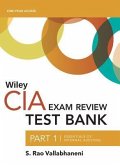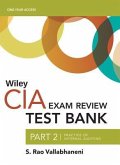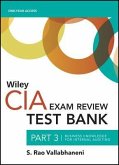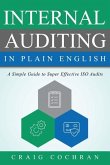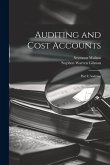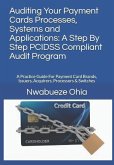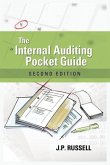Entities of all sizes may be subject to risks of material misstatement when using financial instruments. This Audit Guide provides an in-depth understanding of financial instruments, as well as practical assistance for auditors who want to develop an effective audit approach to address such risks. Detailed implementation guidance is provided for assessing an entity's internal control and responding to the risk of material misstatement, as well as guidance on reporting considerations. The implementation guidance is provided in a series of case studies to help you understand and apply the concepts specific to financial instruments, including the use of service organizations and accounting for hedging activities. Key Benefits Include: * Discussion on voluntary disclosures regarding fair value information (new for this edition!) * Guidance on the complexities surrounding the valuation of financial instruments, as well as key presentation and disclosure considerations * Detailed case studies to show practical applications on classification of financial instruments, use of work of others, embedded derivatives, interest rate swaps and put options * Understanding how to effectively use work performed by a service organization
Hinweis: Dieser Artikel kann nur an eine deutsche Lieferadresse ausgeliefert werden.
Hinweis: Dieser Artikel kann nur an eine deutsche Lieferadresse ausgeliefert werden.


